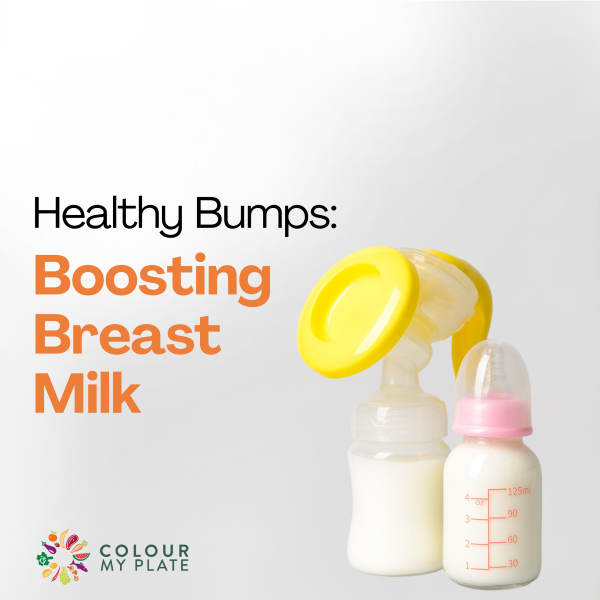
![]() 16 Aug 2024
16 Aug 2024
Breastfeeding for the first six months of your baby’s life is a wonderful goal, providing essential nutrients and fostering a deep bond. However, ensuring you have enough breast milk can be a challenge. Here’s how you can give your baby all the milk he or she needs.
The fundamental principle of breastfeeding is simple: the more you breastfeed, the more milk your body will produce. Aim for 8-12 feedings per day. This frequent nursing stimulates your body to produce more milk. Additionally, pumping in between feedings can also boost your milk supply. It sends a signal to your body that more milk is needed, thus encouraging increased production.
Hydration is key to maintaining a good milk supply. Make sure you drink plenty of water throughout the day. A good rule of thumb is to drink a glass of water every time you nurse. Dehydration can negatively affect your milk production, so keeping a water bottle handy is a great practice.
Your body needs extra calories to produce breast milk. Ensure that these extra 500 kcal per day come from natural, healthy food sources. Incorporate foods known to boost milk production, such as:
Oats: Rich in iron, which can help boost milk supply.
Moringa: Known for its lactation-enhancing properties.
Fenugreek and Fennel: Both contain phytoestrogens that can boost milk production.
Stress can significantly impact milk production by disrupting hormone levels, so it’s crucial to find ways to manage and reduce stress. Effective strategies include practicing meditation to calm your mind and reduce anxiety, engaging in yoga to combine physical activity with relaxation techniques, and surrounding yourself with friends and family who support you and can help alleviate some of your stress.
Regular exercise is beneficial for your overall health and can help regulate hormones, which in turn supports milk production. Aim for moderate exercise, such as walking, swimming, or postpartum yoga. Avoid strenuous workouts that might leave you overly tired.
Breastfeeding can be a fulfilling experience, but it requires dedication and care. By ensuring frequent feedings, staying hydrated, eating nutritious foods, managing stress, and exercising regularly, you can help boost your milk supply and provide your baby with all the nourishment he or she needs.
Remember, every mother’s journey is unique. If you encounter challenges, don’t hesitate to seek support from a lactation consultant or healthcare provider. Happy breastfeeding!

We noticed you haven't completed your delivery details.

Your message is sent